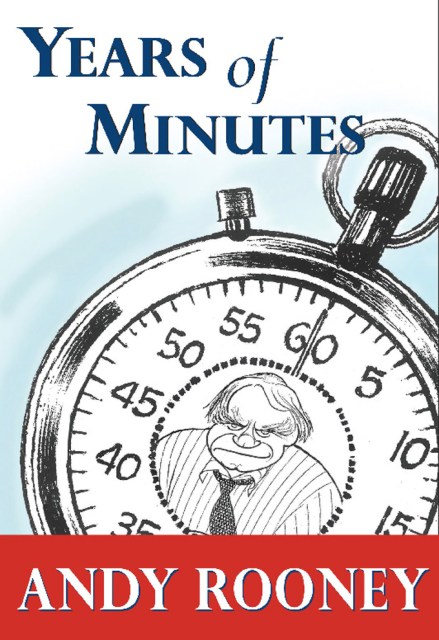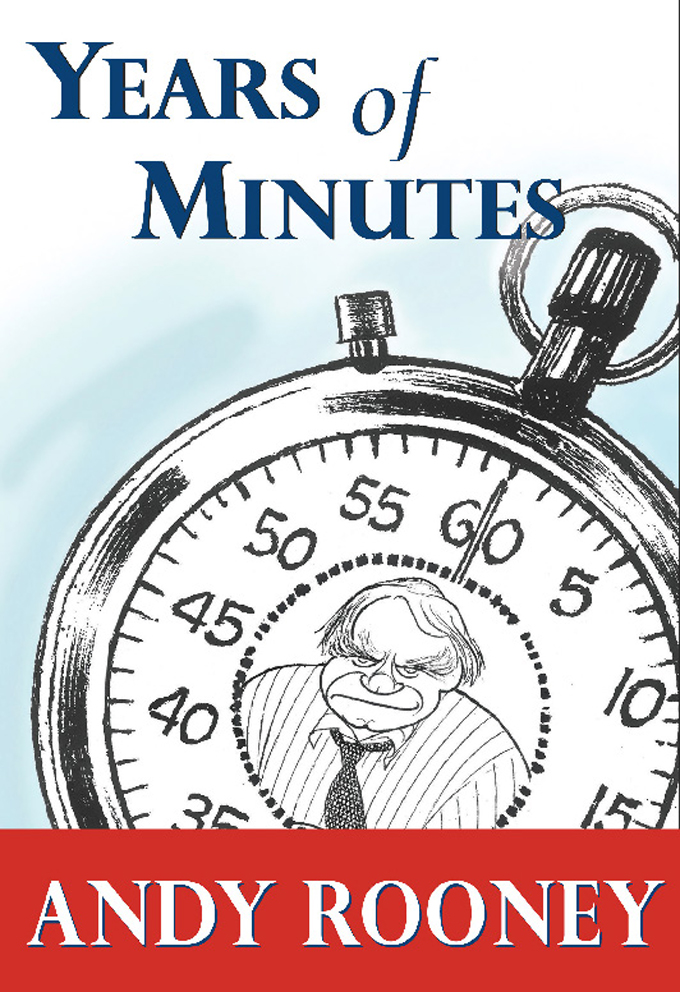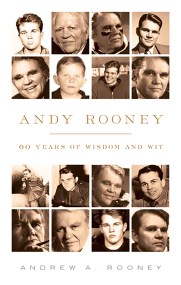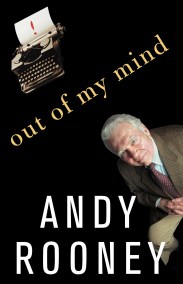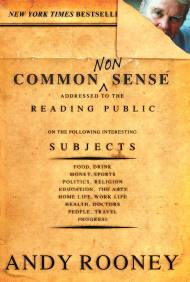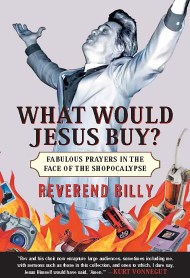By clicking “Accept,” you agree to the use of cookies and similar technologies on your device as set forth in our Cookie Policy and our Privacy Policy. Please note that certain cookies are essential for this website to function properly and do not require user consent to be deployed.
Years of Minutes
The Best of Rooney from 60 Minutes
Contributors
By Andy Rooney
Formats and Prices
- On Sale
- Oct 9, 2007
- Page Count
- 544 pages
- Publisher
- PublicAffairs
- ISBN-13
- 9781586486167
Price
$11.99Price
$15.99 CADFormat
Format:
ebook $11.99 $15.99 CADThis item is a preorder. Your payment method will be charged immediately, and the product is expected to ship on or around October 9, 2007. This date is subject to change due to shipping delays beyond our control.
Buy from Other Retailers:
Andy Rooney has been at it for twenty-five years. It’s time to celebrate. So here’s the ultimate gift for every Rooney fan: an illustrated collection of Rooney’s very best pieces from a quarter centur
Genre:
Newsletter Signup
By clicking ‘Sign Up,’ I acknowledge that I have read and agree to Hachette Book Group’s Privacy Policy and Terms of Use
